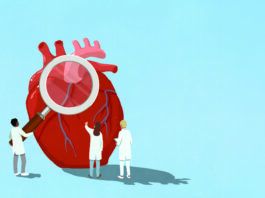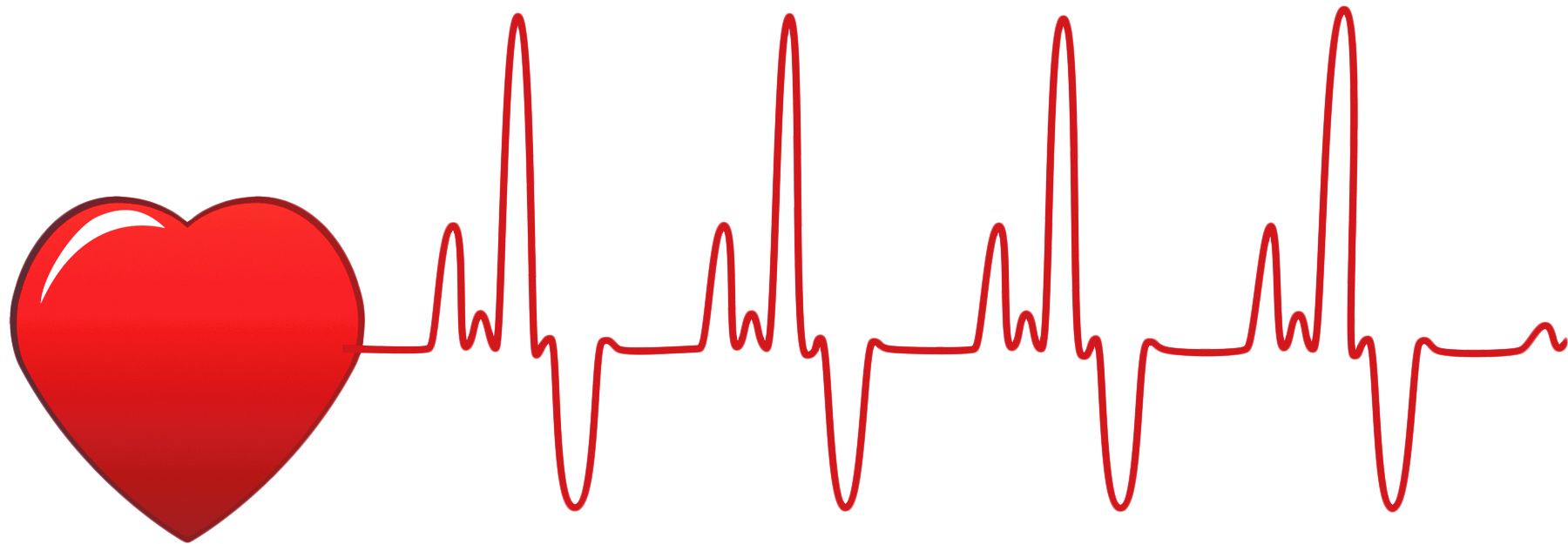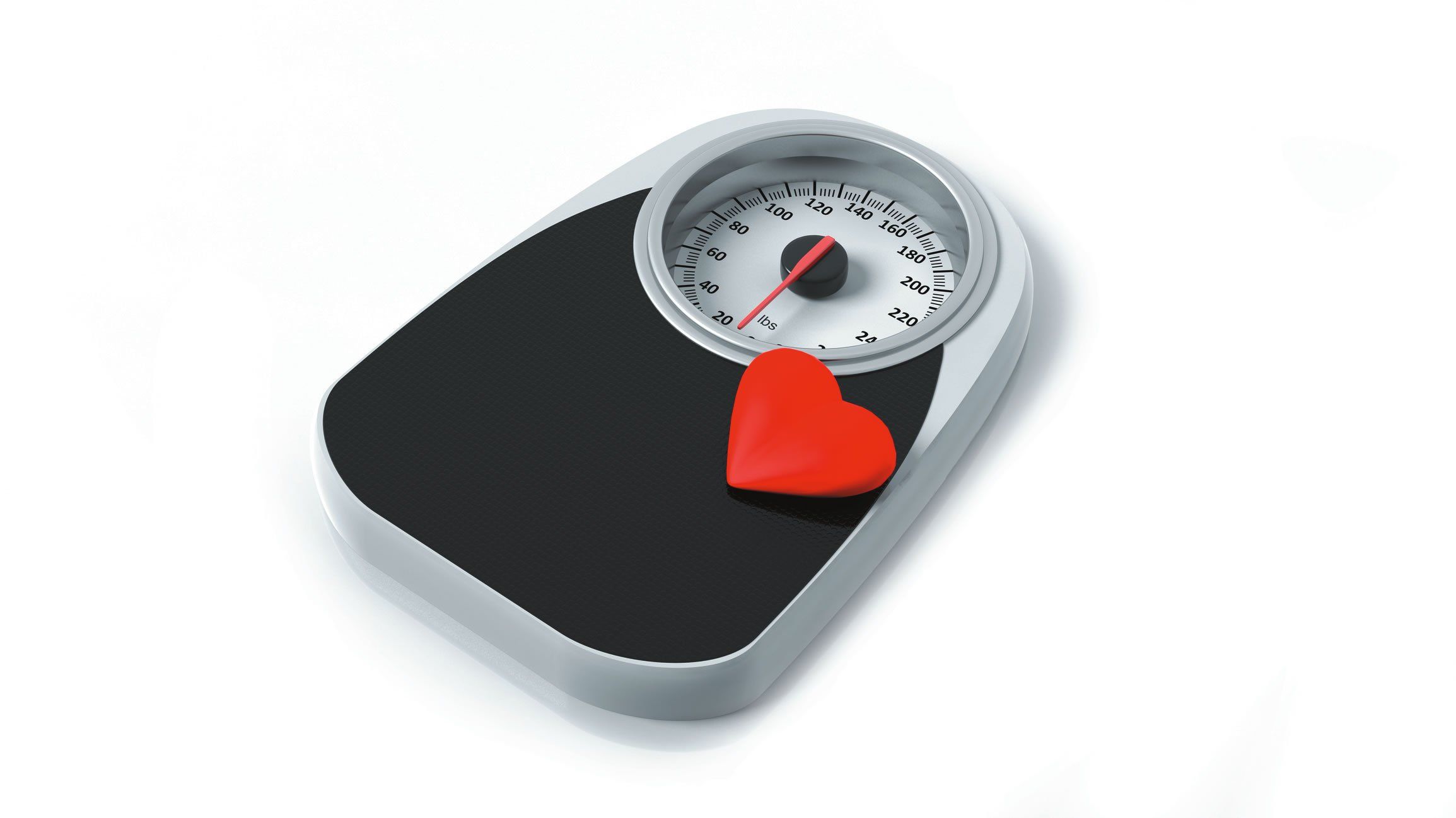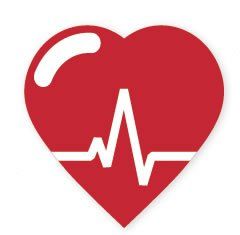Possible New Heart Attack Risk Factor Identified
If the results of a new Swedish study are borne out, blood thinners may be added to the arsenal of heart attack prevention measures. The study, published recently in the Annals of Internal Medicine, tested the blood of 805 individuals under age 75 years admitted to Swedish hospitals for a first heart attack (and an equal number of healthy controls) looking for antibodies related to blood clotting.
Body Weight and Heart Health
Excess body weight increases risk for cardiovascular disease (CVD), as well as type 2 diabetes, certain cancers, and many other illnesses. However, not everyone who is overweight or obese develops these illnesses; and simply having a normal body weight or body mass index (BMI)-a measure of body weight relative to height-is no guarantee of low risk. The relationship between BMI and risk for CVD and death is complex, says Edward Saltzman, MD, academic dean for education at Tufts Friedman School of Nutrition Science and Policy. Elevated BMI does increase CVD risk, but risk is also impacted by things like body-fat percentage, waist circumference, age, duration of obesity, race, ethnicity, gender, and other genetic factors, as well as lifestyle elements such as smoking and level of physical activity.
Diet and Cancer Prevention
According to the World Cancer Research Fund (WCRF), 20 percent of all cancers diagnosed in the U.S. are related to poor dietary choices and lack of exercise. So what should we eat, and what should we avoid? News outlets and the internet are full of (sometimes conflicting) reports claiming links between specific foods or nutrients and cancer. Many of these claims are based on a limited number of studies. But when researchers analyze all of the research on cancer and nutrition together, it becomes clear that increasing intake of individual foods or popping dietary supplements doesnt work. Overall dietary pattern, however, can make an important and significant difference.
Walnuts May Lower Cholesterol
A review and analysis published recently in the American Journal of Clinical Nutrition suggested that eating walnuts could improve blood lipid levels (cholesterol and triglycerides) without causing weight gain or increasing blood pressure.
Multivitamin Use Does Not Help Heart Health
A recent systematic review and meta-analysis published in the journal Circulation: Cardiovascular Quality and Outcomes concluded that multivitamin/mineral (MVM) supplementation does not protect against cardiovascular disease.
Q. I take fish oil for heart health, but some of what I read...
Q. I take fish oil for heart health, but some of what I read in the health press says fish oil doesnt do much. Should I stop taking it?
Q. What is cardiometabolic disease and how is it different from cardiovascular disease?
Q. What is cardiometabolic disease and how is it different from cardiovascular disease?
Q. I often read that to help reduce risk of heart disease, I should...
Q. I often read that to help reduce risk of heart disease, I should limit processed meats. Are low-sodium deli sliced turkey breast and uncured turkey pastrami better choices?
Diet Central In New Blood Pressure Guidelines
The American Heart Association and the American College of Cardiology have released an update to guidelines that redefines high blood pressure (hypertension) and makes recommendations on how doctors should treat it. The guidelines lower the threshold at which a person would be diagnosed with hypertension. Under the new standard, its estimated that 46% of American adults can now be diagnosed, or about 100 million people. The guidelines set a lower bar for what will be considered hypertension. Though voluntary, the guidelines are likely to influence how some doctors advise and treat their patients.
New Blood Pressure Target Announced
In November 2017, The American Heart Association and the American College of Cardiology released new treatment guidelines that call for lowering the threshold for diagnosing high blood pressure from 140/90 to 130/80.































